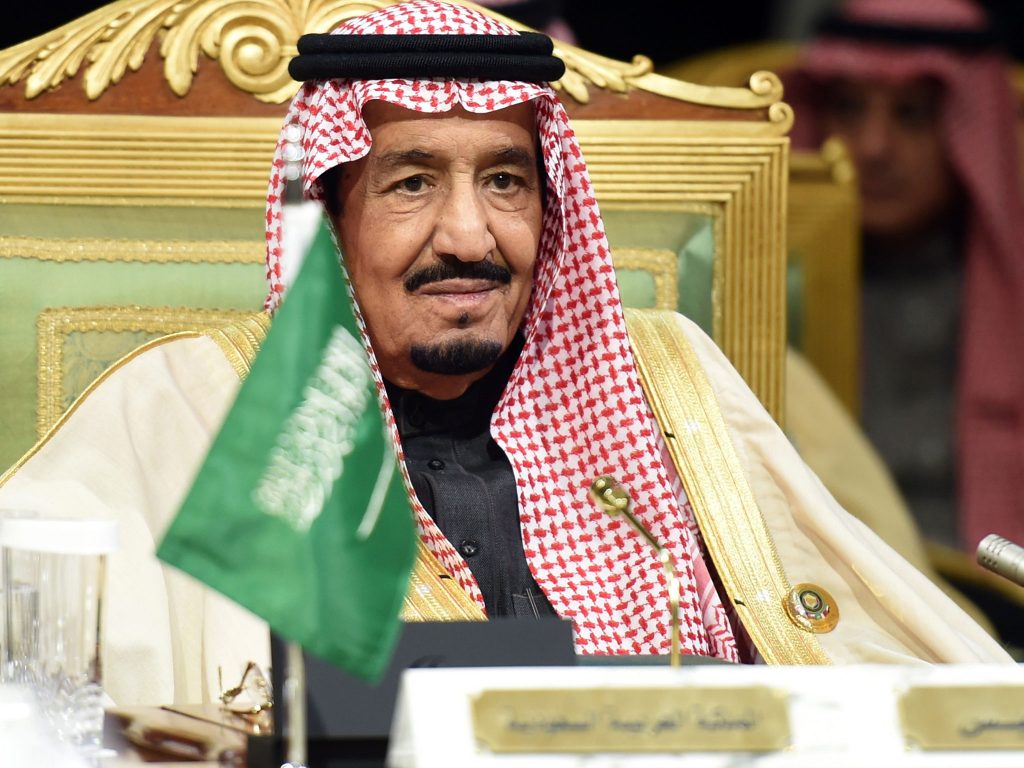MEP: Union News, “Bloomberg” database said in a report referring to the Saudi regime military and political failure in the region: “Saudi dollars can’t buy military clout for Riyadh.”
The Bloomberg database wrote a report entitled “Saudi cash can’t buy military clout”. The report referred to the Saudi aggression in Yemen and stated, Saudi Arabia has better weapons than its enemies in Yemen, no surprise in a war that pits one of the richest Arab countries against the poorest. And still the Saudis are struggling to impose their will.
“The wider challenge for Saudi Arabia is to translate oil wealth into greater regional clout, something the country’s youthful leadership has vowed to do. There were few signs of success last year. The Yemen war grinds on; in Syria, Saudi-backed fighters were driven out of their stronghold in Aleppo; Egypt, kept afloat by Saudi Arabia’s dollars, has sometimes seemed reluctant to fall in line with its foreign policy,” it added.
This policy is expensive, when the kingdom is imposing austerity at home as it seeks to rebalance an energy-dependent economy after the oil slump.
The government doesn’t disclose the price-tag of its Yemen war, or the extent of support for opposition fighters in Syria. But the conflicts have been a growing burden at a time when plummeting oil revenues have led to a $200 billion decline in Saudi net foreign assets over the last two years.
“The war is costing them financially, at a time that they need to focus funding on restructuring and diversification of their economy,” said James Dorsey, a Saudi specialist and senior fellow in international studies at Nanyang Technological University in Singapore.
The conflict in Yemen wasn’t supposed to drag on this long. Saudi Arabia intervened in March 2015, leading a coalition that’s carried out intensive airstrikes and deployed number of ground troops. It’s trying to reinstate a Yemeni government that enjoys international recognition yet lost control of much of the country to Shiite forces in the conflict.
Mohammed bin Salman, the deputy crown prince and architect of Saudi transformation plans, said in a March interview that the warring parties in Yemen were making significant progress toward resolving their conflict. Since then, peace talks have repeatedly collapsed.
The government has spent a lot of money on new roads to allow troops to move to the front faster, and made new bases to prevent Houthis from attacking Saudi territory.
“Saudi Arabia says it’s fighting to halt the spread of Iranian influence. Yet the Shiites in Yemen, whose connection with Iran is disputed, still control much of the country. Syrian President Bashar al-Assad is recapturing territory from Saudi-backed Islamist groups. Egypt may be tilting toward Assad. Even within OPEC, Saudi Arabia’s U-turn in November, agreeing to pare production, won’t be followed by Iran, which is authorized to boost its own output under the deal,” the Bloomberg continues.
The report stated at the end: “Finally, it seems that Saudi cash could not help Saudi military clout and could not increase their regional influence.”
